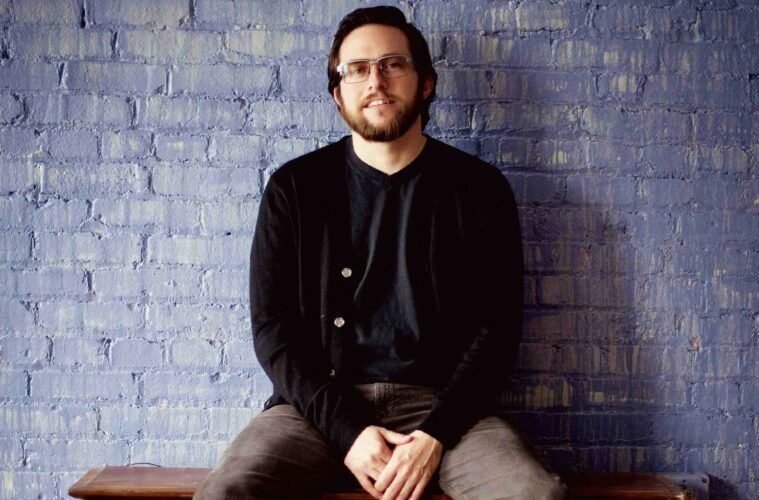Social media platforms such as Facebook, Instagram, Twitter, and YouTube have become essential to music promotion and marketing. But how can these platforms be leveraged to maximum effect? This is a question that Benjy Grinberg, renowned music executive and founder of Rostrum Records, has been exploring. As an independent artist, your music promotion strategies are limited. But in the digital age, creative types
have ample opportunities to make their mark on the music scene. And one of the most effective tools available is social media.
4 Ways To Use Social Media For Music Promotion
1. Know Your Audience
Before launching into any sort of social media campaign, it’s essential to have a clear understanding of who you’re trying to reach with your message. Identifying your target audience will help ensure that all content posted is tailored toward those interested in your offer. This also applies when advertising gigs or new releases – make sure to post content related to those topics in places where they are likely to be seen by potential fans or followers.
2. Post Regularly
Consistency is vital when it comes to using social media for music promotion. Make sure to post regularly to keep your followers engaged with your content. It’s also important to vary the type of content you’re sharing so that people don’t get bored with just repeatedly seeing one kind of post. Try posting videos, photos, behind-the-scenes footage from recording sessions or live shows, etc., in addition to music releases.
3. Utilize Cross-Promotion Tactics
Cross-promotion is critical – when promoting your music on social media platforms, don’t rely on one platform alone but use multiple channels simultaneously! Things like posting snippets from upcoming projects on Instagram while sharing full tracks on SoundCloud do matter. Other efforts include linking back to blog posts about current events related to your genre from Twitter and then using YouTube to upload official music videos or lyric videos and sharing them on other social media platforms!
4. Interact with Other Musicians & Fans
One great way to get people talking about your work is by interacting with other musicians who create similar sounds; collaborate with them for remixes/covers/mashups and share each other’s work across all platforms! This helps build industry relationships while increasing exposure for both parties involved – it doesn’t hurt that it’s fun too! Additionally, engaging directly with fans – asking questions during live streams, responding positively (or politely!) when someone comments favorably about something you’ve released – goes a long way in building credibility and loyalty amongst listeners, ultimately leading to more streams and sales down the line!
Social Media’s Influence In The Music Industry
The impact of social media on the music industry is far-reaching and has been a powerful tool in helping artists to reach larger audiences and gain traction for their music. The sheer volume of people using social media platforms such as Facebook, Twitter, Instagram, and YouTube provides unparalleled exposure for musicians seeking to promote their songs or albums. Furthermore, the ability to easily share content with friends and followers means that artists can spread their message beyond just their immediate fan base, making it easier to reach new potential listeners.
Social media also offers musicians an opportunity to interact directly with their fans in a more personal way than ever before possible. This includes engaging with them by responding to comments they leave on posts or running competitions that reward fans for sharing content related to the artist’s music. This level of direct engagement allows musicians to create a stronger connection with fans and build more loyalty which can result in more people streaming or buying their music.
In addition, social media platforms have made it easier for musicians to monetize their work through features such as paid streams and digital downloads. This has enabled some independent artists to make a living without signing with a major label or even having any live shows. Additionally, many platforms now offer additional services such as playlist curation, customized marketing plans, and analytics tools that help artists track the success of their campaigns and better understand what resonates with their audience.
Social media has dramatically impacted how music is marketed, promoted, consumed, and monetized today. It has revolutionized how the music industry operates in the 21st century by providing opportunities for direct interaction between bands and their fans and unprecedented levels of exposure for independent acts.
Conclusion:
Benjy Grinberg’s exploration into how social media can be used effectively for music promotion and marketing has yielded important insights into what works best when leveraging these powerful tools. By following his advice—which is focused on targeting specific audiences and creating quality content—musicians, labels, and fans can maximize their reach across all major digital platforms while avoiding potential pitfalls!


